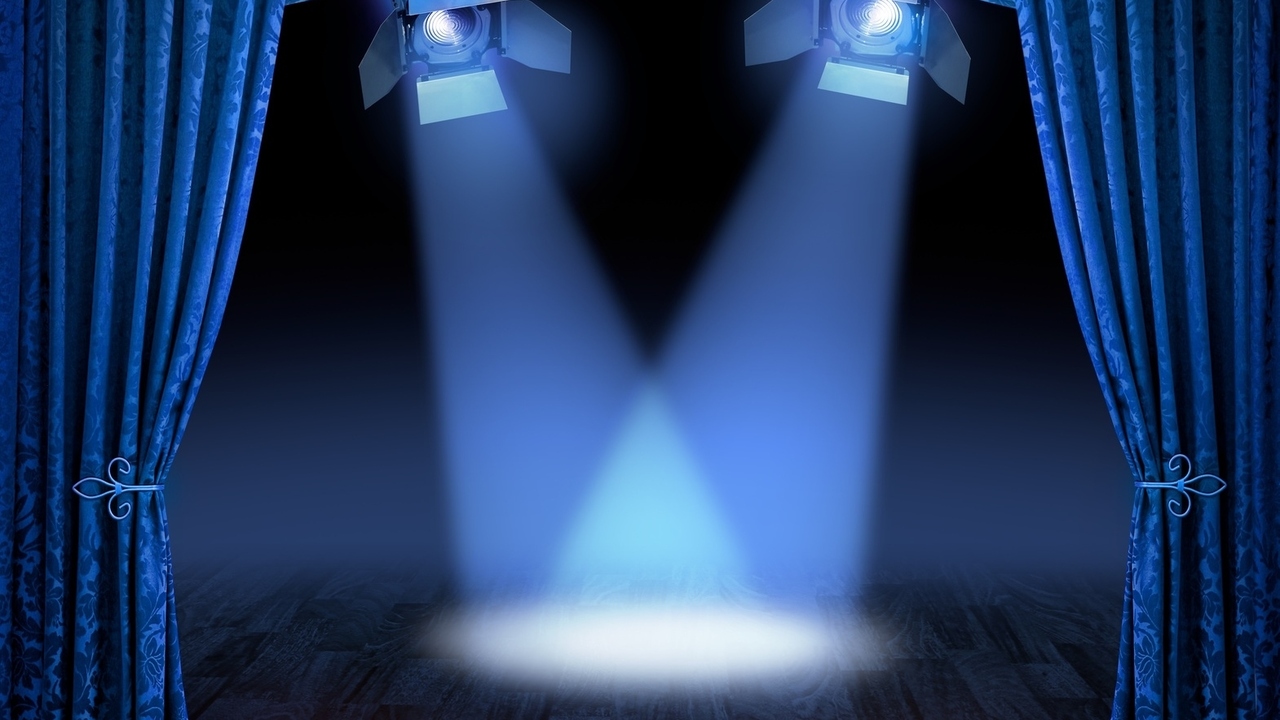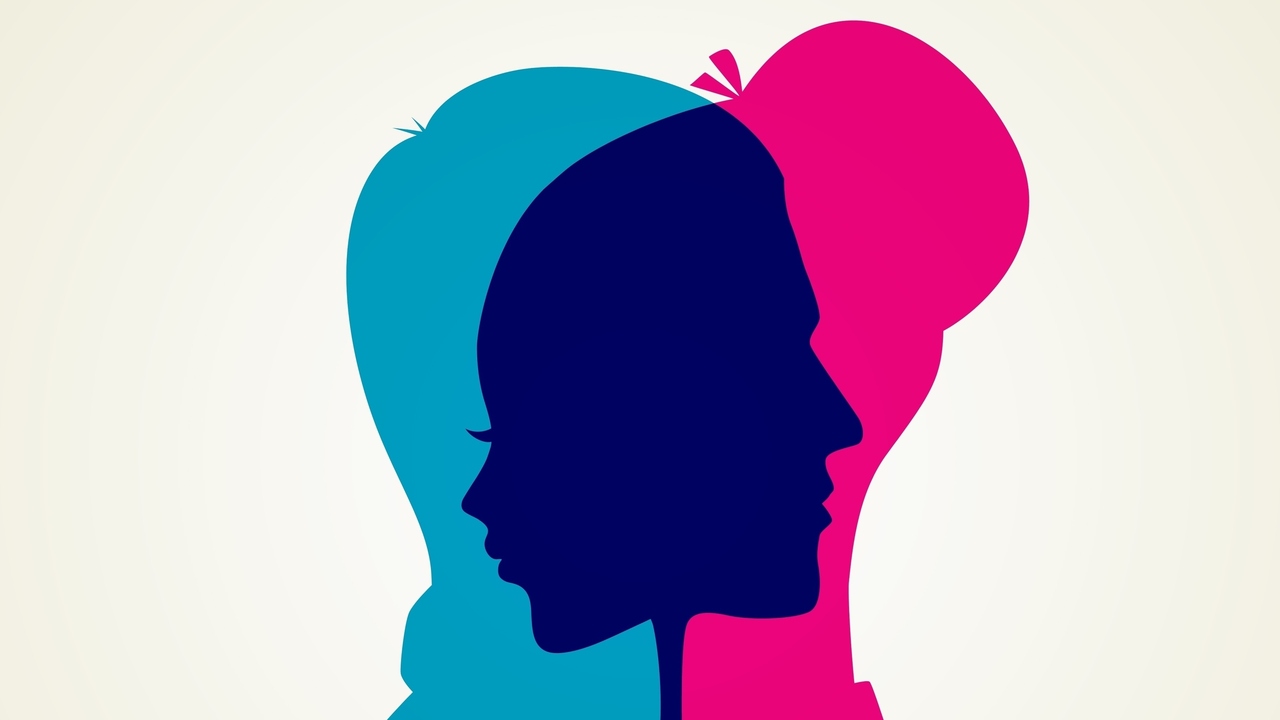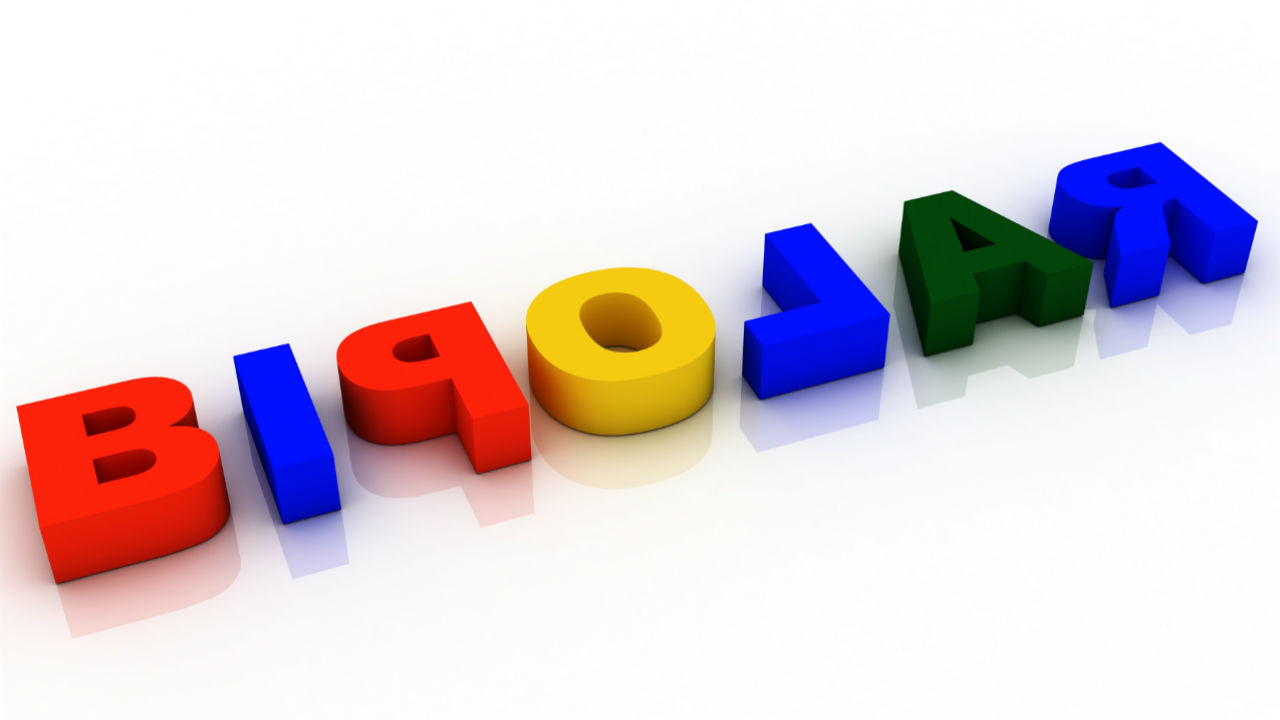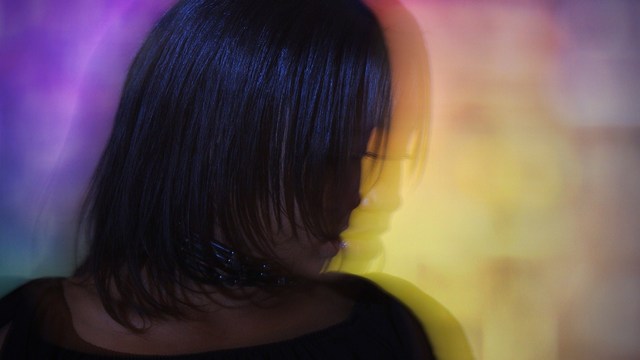Symptoms
Symptoms include:
- Dramatic mood swings, ranging from elated excitability to hopeless despondency
- Periods of normal mood in between ups and downs
- Extreme changes in energy and behavior
Signs and symptoms of mania include:
- Persistent and inexplicable elevation in mood
- Increased energy and effort toward goal-directed activities
- Restlessness and agitation
- Racing thoughts, jumping from one idea to another
- Rapid speech or pressure to keep talking
- Trouble concentrating
- Decreased need for sleep
- Overconfidence or inflated self-esteem
- Poor judgment, often involving spending sprees and sexual indiscretions
Signs and symptoms of depression include:
- Prolonged sad, hopeless, or empty mood
- Feelings of guilt, worthlessness, or helplessness
- Loss of interest or pleasure in activities once enjoyed, including sex
- Decreased energy or fatigue
- Trouble concentrating, remembering, and/or making decisions
- Restlessness or diminished movements
- Agitation
- Sleeping too much or too little
- Unintended weight loss or gain
- Thoughts of death or suicide with or without suicide attempts
Severe episodes of mania or depression may sometimes be associated with psychotic symptoms such as:
- Hallucinations
- Delusions
- Disorders of thought
Diagnosis
Your doctor will ask about your symptoms and medical history. A physical exam may be done. In some cases, lab tests are ordered. They will help to rule out other causes of mood and behavior symptoms. You may be referred to a mental health specialist. Diagnosis of bipolar disorder is based on:
- Presence of symptoms over time
- Absence of other causes, such as some medications, thyroid disease, or Parkinson's disease
- Family history of bipolar disorder
Mania is diagnosed if:
-
Mood is elevated and there are three or more mania symptoms (listed above)
- If the mood is irritable, not elevated, four symptoms must be present for a diagnosis of mania
- Symptoms last during most of the day, nearly every day, for one week or longer
A depressive episode is diagnosed if:
- There are five or more of the depressive symptoms (listed above)
- Symptoms last for most of the day, nearly every day, for a period of two weeks or longer
Some medicines and other medical issues may show similar features such as:
- Corticosteroids
- Thyroid disease
- Multiple sclerosis
Please be aware that this information is provided to supplement the care provided by your physician. It is neither intended nor implied to be a substitute for professional medical advice. CALL YOUR HEALTHCARE PROVIDER IMMEDIATELY IF YOU THINK YOU MAY HAVE A MEDICAL EMERGENCY. Always seek the advice of your physician or other qualified health provider prior to starting any new treatment or with any questions you may have regarding a medical condition. Copyright © 2024 EBSCO Publishing All rights reserved.


 Bipolar I Disorder: FDA Approves Antipsychotic Drug For Children
Bipolar I Disorder: FDA Approves Antipsychotic Drug For Children





